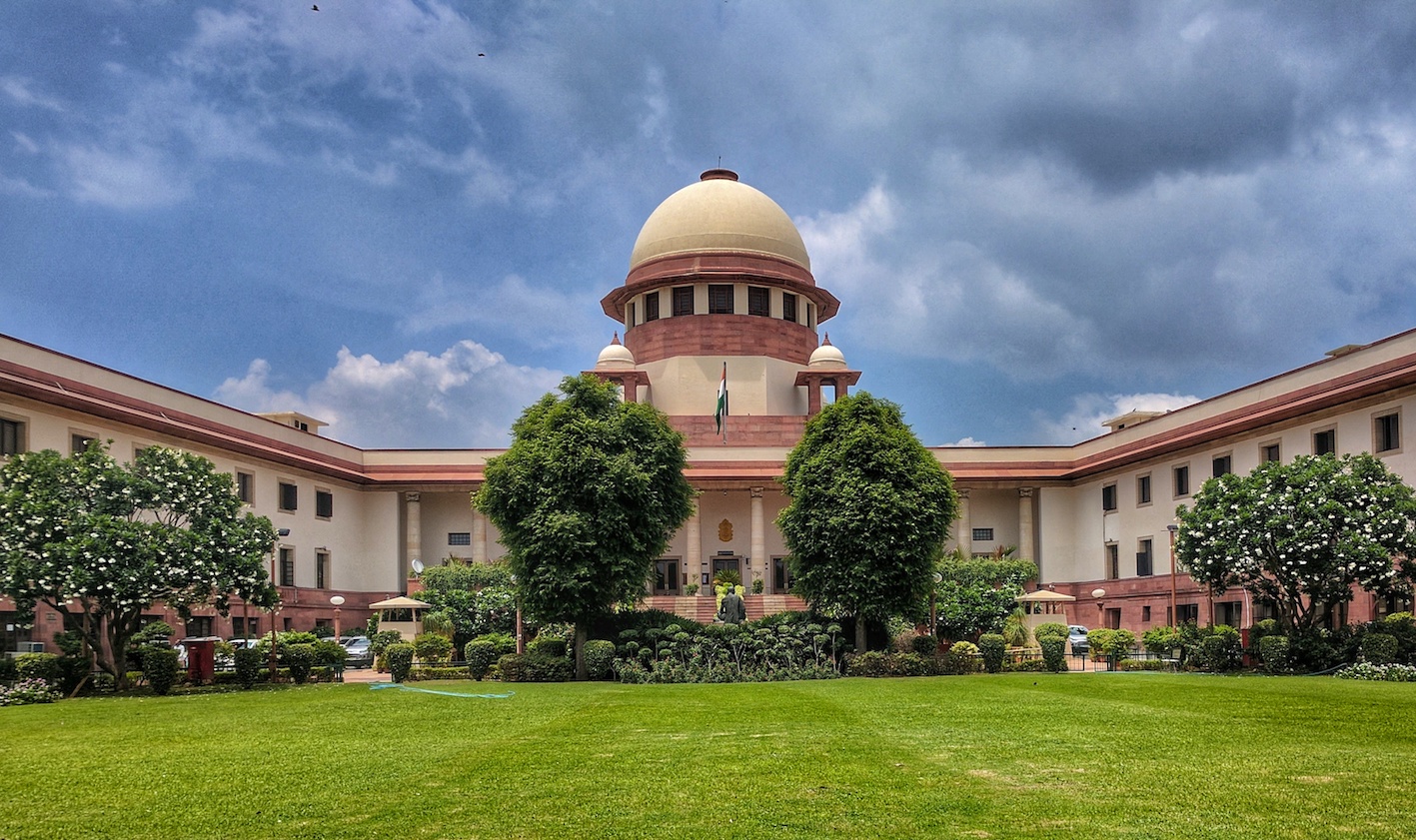Section 304 B IPC – In cases of dowry death the evidence must prove that the death was caused due to unnatural reasons. – Supreme Court of India
The Supreme Court of India while adjudicating upon a criminal appeal set aside the judgment of the High Court in which the Appellant along with his relatives was sentenced for life imprisonment for conviction under the case of dowry death. The Supreme Court overturned the judgment on the basis of lack of evidence and further stated that the wife did not die an unnatural death. This ratio was load down in the case of Sandeep Kumar & Ors. Vs. State of Uttrakhand & Anr., Criminal Appeal Nos. 1512-1513 of 2017.
The brief facts of the case are that the Appellant was married to the deceased wife. As per the complaint made by the deceased’s father the husband and his relatives use to torture her for dowry. A month prior to the incident the deceased and her husband had come to the father of the deceased seeking for Rs. 10 lakhs as dowry. The deceased’s father alleged that he received a call from his daughter on the day of the incident that the husband and her relatives are forcing her to drink poison as she is not paying the dowry demanded. On that very day the wife died, and the deceased’s father filed a complaint under Section 304 B of IPC for dowry death. The trial court acquitted the accused due to lack of evidence and materials placed on record. An appeal was made to the High Court and the High Court convicted the Appellant and his relatives on the basis of a different conclusion and sentenced all of them to life imprisonment. Hence the present appeal is made to the Supreme Court of India for setting aside the judgment of the High Court.
The three judge-bench of the Supreme Court carefully analyzed the evidence and material on record in the case. After due consideration the Supreme Court set aside the judgment of the High Court and acquitted all the accused in the case. The Supreme Court was of the opinion that the testimony of the father and brother of the deceased was contradicting and not reliable. Secondly, a demand for of a loan of Rs. 10 lakhs cannot be seen as a demand for dowry. Thirdly, the court analyzed the medical records and stated that there were no marks of injury to prove struggle before death or no poisonous substance was present in the body. The reason for her death as per the reports were due to the underlying medical conditions of the deceased which she was suffering from a long time and was carrying out a treatment for them as well. Lastly the death of the deceased was not an unnatural death which is one of the most important evidence for conviction under dowry death. Further, the prosecution failed to place any material evidence on record to prove the case of dowry death. Hence the court stated that, “We find it certainly not a circumstance so as to draw an inference that the deceased died an unnatural death or that the appellants administered poison to her. We would think that the High Court has clearly erred in interfering with the acquittal of the appellants.”
[Please click here to view the judgment]

